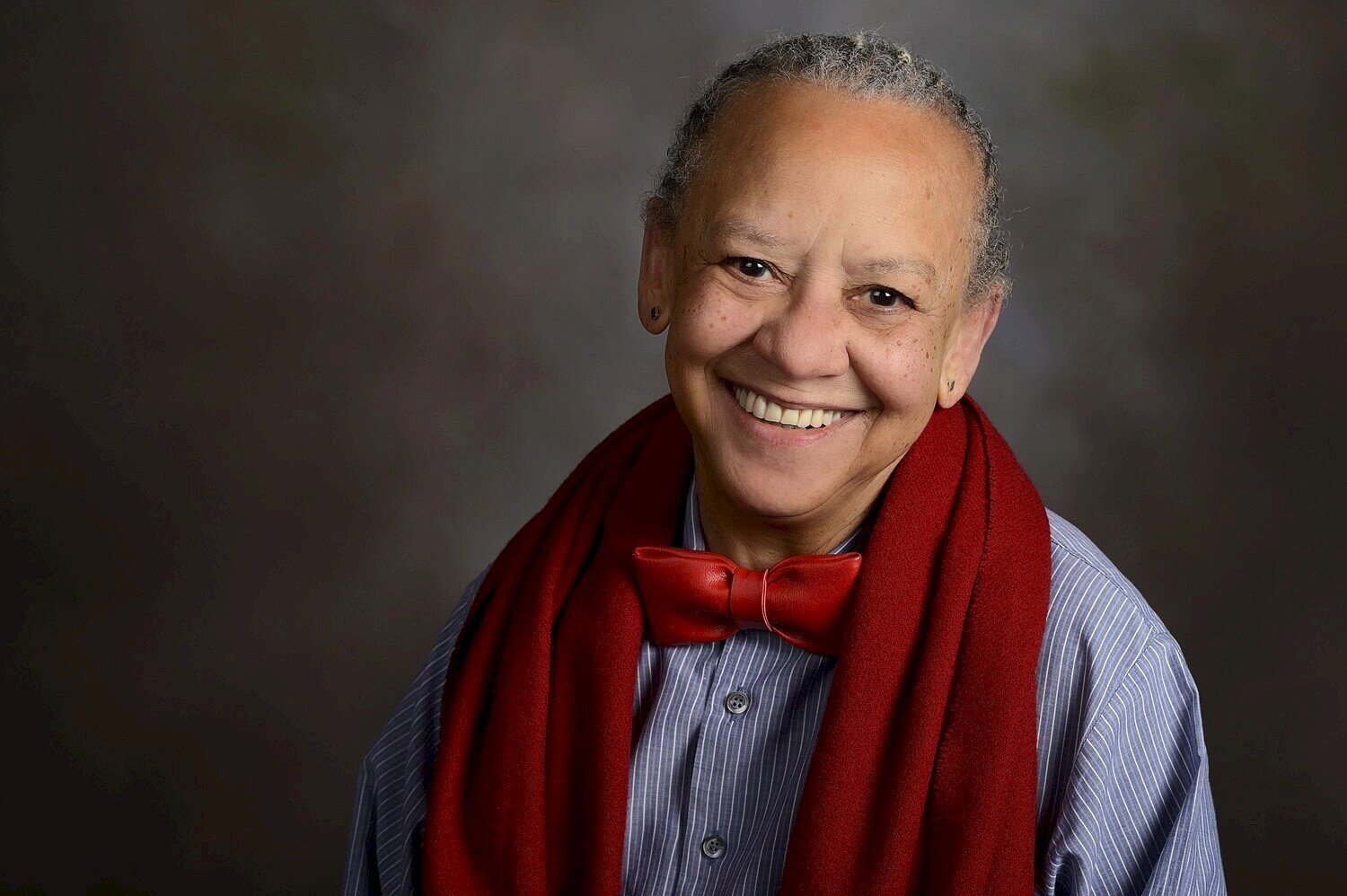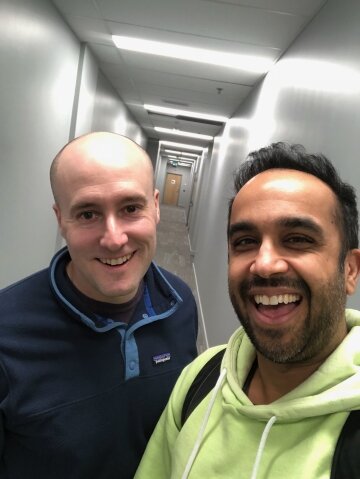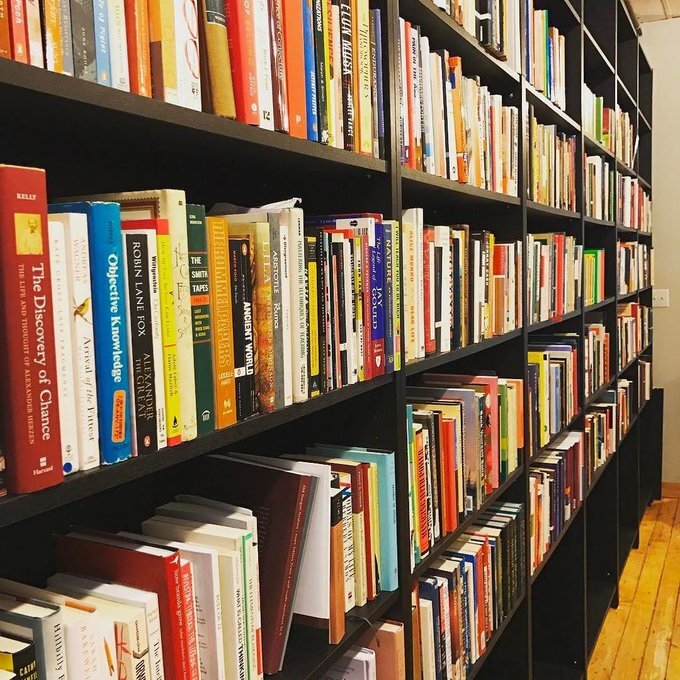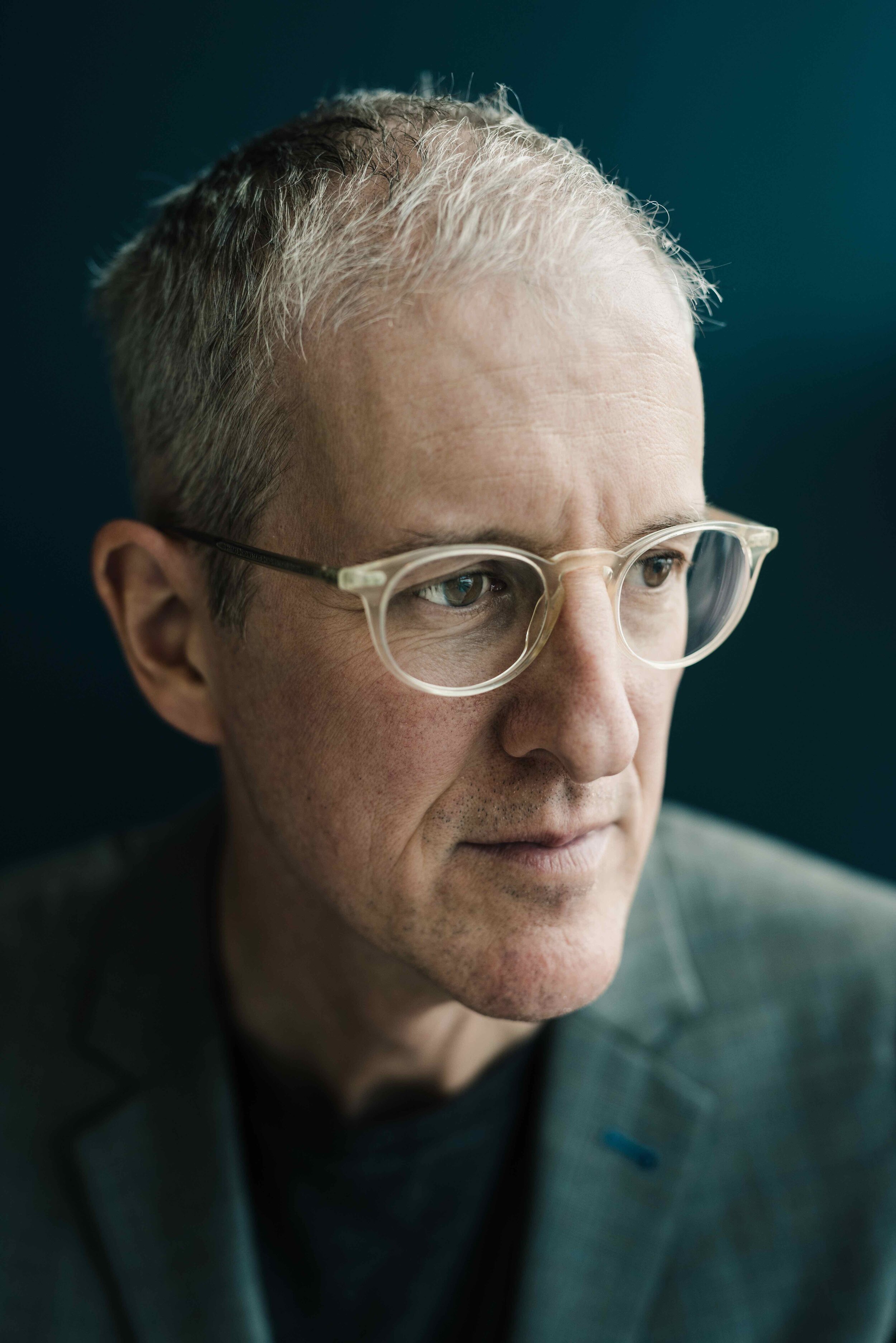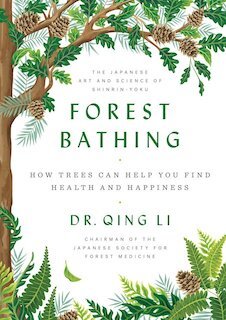Happy Blue Moon and Happy Halloween everyone!
A singular lunar event is fitting for the release of my next chapter with the venerable Nikki Giovanni. Do you know Nikki? I’m a bit ashamed to admit I didn’t until I came across her wonderful children’s book, Rosa (on American civil rights activist Rosa Parks), which I read to my kids and loved. After Apurna called 1-833-READ-A-LOT in the End of the Podcast Club in Chapter 59 and suggested Nikki as a guest, I watched her TED Talk, read some of her poems and watched this captivating interview she did with James Baldwin back in 1971. And then I reached out to her and she graciously accepted to be interviewed for 3 Books.
Nikki Giovanni was born in 1943 and is an American poet, writer, commentator, activist and educator. Wikipedia says she is one of the world’s best known African American poets. I think she’s one of the world’s best known poets, period! (Why do we always hedge it??)
She is prolific and deeply introspective throughout her poetry, anthologies, recordings and nonfiction essays on topics ranging from race, to social issues, to children’s issues. She was nominated for a Grammy and was named one of Oprah Winfrey’s 25 Living Legends for her prominence in the 1960s Black Arts Movement and as a defender of both the Civil Rights and Black Power Movements. She’s been dubbed “The Poet of the Black Revolution” for her strong militant perspective.
Today, at 77, she is a distinguished professor at Virginia Tech where she still teaches and mentors students to help them find their voices. And it is from her very office that she dialled in to chat with me.
Listen in as we discuss the true meaning of activism, the true meaning of community, why it is important to hate (yes hate!), and to share what she believes is the best thing to do when you get up in the morning. And of course we get into her 3 most formative books.
I am honored and humbled to bring you this lively conversation with the eminent Nikki Giovanni.
Let’s go!
What You'll Learn:
How can we be better at being alone?
What is a mirror check in?
How does poetry give us hope?
How can we learn to write poetry?
How was the first black show Soul started on TV?
Why was Nikki’s interview of James Baldwin a cultural turning point for the Black community?
Why is forgiveness overrated?
How can we hate productively?
Why is it a good idea to be old?
What was it like seeing a movie during segregation?
What still needs to be done to combat racism?
What is the link between abortion and capital punishment?
Notable quotes from Nikki Giovanni:
“The first person who reads your work is yourself.” – @NikkiGiovanni6 #3bookspodcast
“I am trying to make a world where people leave people alone.” – @NikkiGiovanni6 #3bookspodcast
“To be a white supremacist is to be a coward.” – @NikkiGiovanni6 #3bookspodcast
CONNECT WITH Nikki:
Word of the chapter:
Resources Mentioned:
Nikki’s first book [10:42]
Nikki’s second book [44:25]
Nikki’s third book [1:00:49]
This Is My Century by Margaret Walker
The Third Life of Grange Copeland by Alice Walker
The Love Song of J. Alfred Prufrock poem by T.S. Eliot
“For every action there is an equal and opposite reaction.” - Isaac Newton


